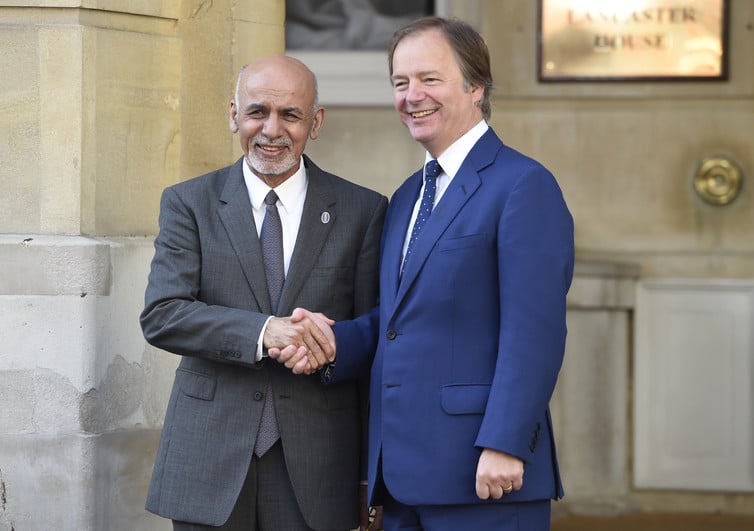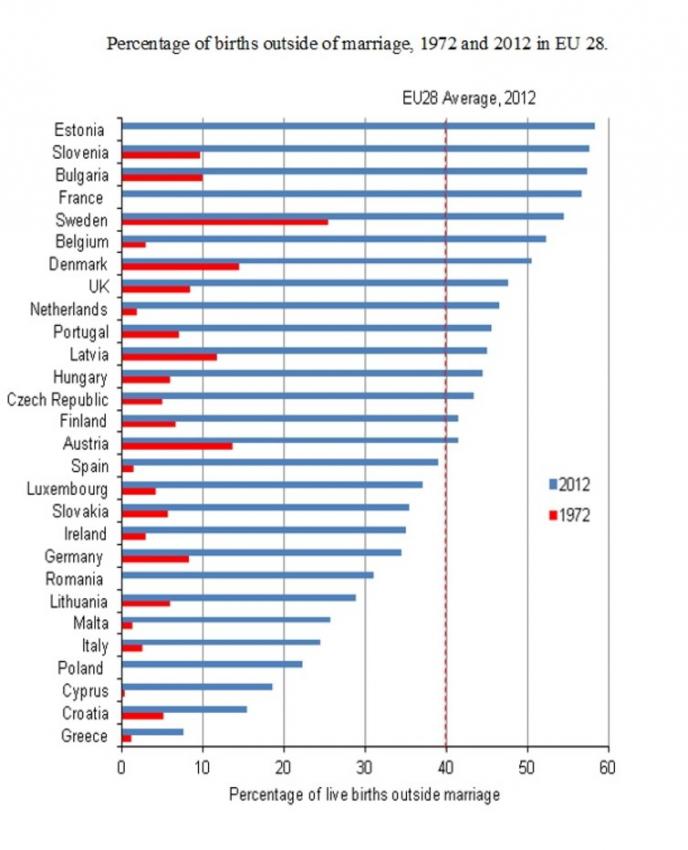Gender-biased Disaster Response
The ASEAN Agreement on Disaster Management and Emergency Response (AADMER) came into being in December 2009. It has played a tremendous role in enhancing regional and national capacities for disaster response in the region.
The recent ‘ASEAN Vision 2025 on Disaster Management’ document provides thoughtful insights on how AADMER can move towards a more people-centred, sustainable and better-networked approach. However, these suggestions do not directly address the disproportionate impact disasters have on women.








